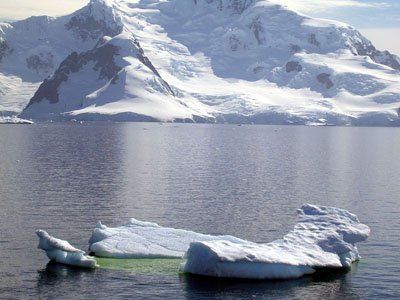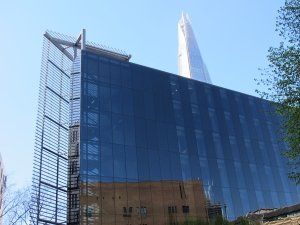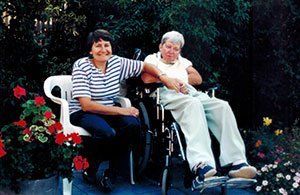Not So Happy Feet
By now many of you will have seen Happy Feet, the digitally animated movie about Emperor Penguins in Antarctica. Many of you, like me, will have marveled at the beauty of the images, the realism of disintegrating icebergs, thundering avalanches and Elephant seals. This movie had the opportunity to capture the hearts and conscience of the younger generation. It could have taught them valuable lessons, preventing the repetitions of past mistakes. The movie blew it, leaving me wondering what vested interests were involved.
This movie is about a penguin that is different, growing up in a society where conformity is essential to belong. Those who are different bring shame to the family, are suspect and victimized; Reminiscent of the era seen in western society during my childhood. Those of us who were different in the 1930’s, 40’s and 50’s were pressured to appear “normal.” Those who could not were seen as freaks. President Roosevelt of the United States was never photographed in his wheelchair because it was thought that no American would feel safe being led by a “cripple.” So people who were different were made invisible. They were banished to institutions, hidden in the closet or asked to sit at the back of the bus.
Mumble, the different penguin, represents those victimized by his society, which relies on ancient dogma and value systems to survive. A society where any challenge to the status quo is met with resistance and is made the scapegoat for any crisis.
In the 1960's there was a rebellion to shake the status quo. People marched to Ban the Bomb, others marched against the war in Vietnam, women marched for liberation, blacks marched for civil rights, gays and lesbians marched for human rights, the disabled asked for equality. They came out of their institutions, their closets and moved to the front of the bus.
Those in power in Happy Feet remind us that oppression is still a force with which to be reckoned. Mumble must conform or lose his soul. But he knows he has no choice. He must honour his unique spirit. He is the revolution. He sets off to find the solution to his tribe’s dwindling fish supply. He discovers the problem is human greed, indifference and selfishness. Discoveries made possible because he was forced to look out beyond the wisdom of his ethnocentric tribe. Discoveries made possible because he accepted and asked for help from diverse strangers – The amigos,Adéliepenguins, and Lovelace the Rock-hopper guru.
The movie fails us all with its happy ending. To this point the movie has been a metaphor for all those oppressed by rigid doctrine and prejudice; a beacon for those who risk the unknown and venture forth with an open mind. To then trivialize it with an unrealistic ending – humans stopped stealing the fish so the penguins could live happily ever after - trivializes the roll of those kids sitting in the movie theatre. For it is in their hands, they can influence adults today. The movie could have ended with a question mark. We do not know the answer, but maybe they will.
The movie is billed as a comedy yet it graphically showed how the food chain works. Leopard seals do eat penguins; Skuas rip open the stomachs of penguins to eat the krill digesting there. But there is a balance in nature. Only when humans are part of that food chain is that balance lost. This movie could have taught so much about all our responsibilities.
In January 2006 I was able to see penguins up close and personal. Not the mighty Emperors but small ones that fish near quickly melting icebergs in the Antarctic Peninsula.












